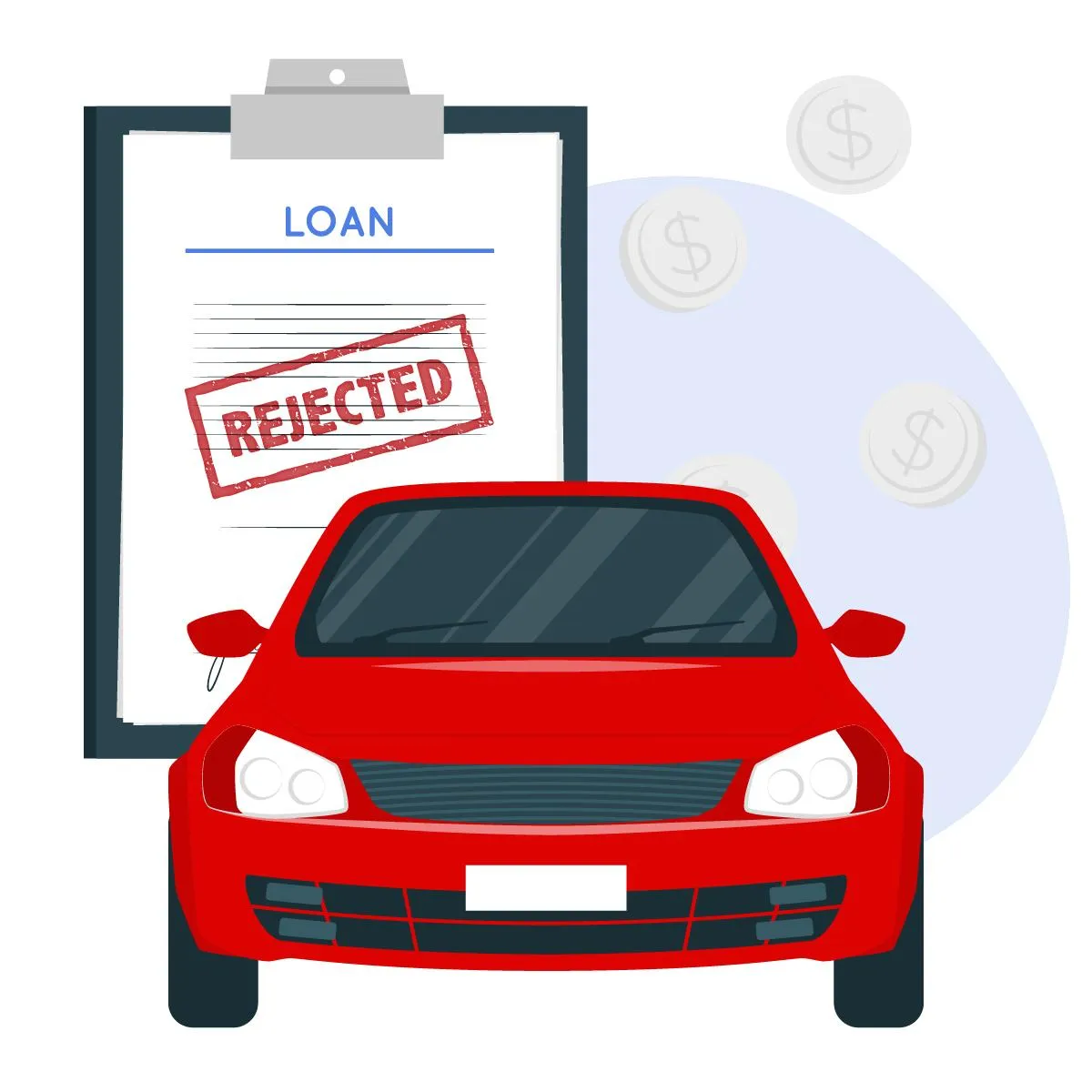

JENA

Canada Auto Experts exceeded my expectations! Their inventory of quality used cars is unmatched. The buying process was seamless, and their team ensured I found the perfect vehicle within my budget.

Max

I highly recommend Canada Auto Experts! Their commitment to customer satisfaction is evident. The staff was knowledgeable, and their wide selection of pre-owned vehicles made it easy to find the ideal car for my needs.

Krista

I had an exceptional experience with Canada Auto Experts! Their attention to detail and honesty throughout the buying process was refreshing. I found a fantastic deal on a reliable used car. Thank you!

Eddy

Canada Auto Experts is the go-to place for used cars! The variety of vehicles they offer is impressive. I found exactly what I was looking for, and their professional staff made the purchasing experience hassle-free.

Why Canadians get rejected for Car Loans: Common Reasons Explained
Top 7 Reasons Why Your Car Loan Application Might Get Rejected in Canada
Buying a car is a significant investment for most Canadians, and many people choose to finance their purchase through a car loan. However, not everyone is approved for a car loan, and rejection can be frustrating and confusing. In this article, we will explore the common reasons why Canadians are rejected for car loans.
1. Poor Credit History
Your credit history is one of the most critical factors lenders consider when assessing your car loan application. A poor credit history or a low credit score can make it challenging to obtain a car loan. If you have missed payments or defaulted on previous loans, it could negatively impact your credit score and make lenders hesitant to approve your loan application.
2. Insufficient Income
Your income plays a crucial role in determining your ability to repay a car loan. Lenders typically have minimum income requirements, and if your income does not meet these requirements, you may be rejected for a car loan. If you are self-employed, lenders may require additional documentation to verify your income.
3. High Debt-to-Income Ratio
Your debt-to-income ratio (DTI) is the amount of debt you owe compared to your income. If your DTI is too high, it could indicate that you are overextended and may struggle to make your car loan payments. Lenders typically have maximum DTI requirements, and if your ratio exceeds these limits, you may be rejected for a car loan.
4. Employment History
Lenders prefer borrowers with stable employment histories as it indicates that they are more likely to have a stable income to repay the loan. If you have a short employment history or gaps in your employment, lenders may view you as a higher risk and may be more likely to reject your car loan application.
5. Interest Rates and Loan Terms
Interest rates and loan terms can significantly impact your ability to afford a car loan. If you have a high-interest rate or unfavorable loan terms, it could make your monthly payments unaffordable, and lenders may reject your loan application as a result.
6. Down Payment
A down payment can reduce the amount of money you need to borrow and can increase your chances of being approved for a car loan. If you are unable to provide a sufficient down payment, lenders may view you as a higher risk and may reject your loan application.
7. Type of Vehicle
The type of vehicle you are purchasing can impact your ability to obtain a car loan. Lenders may have restrictions on the age, mileage, or type of vehicle they are willing to finance. If you are purchasing a vehicle that does not meet their criteria, lenders may reject your loan application.
In conclusion
there are various reasons why Canadians may be rejected for car loans, ranging from poor credit history to insufficient income and employment history. It's essential to do your research and ensure that you meet the lender's requirements before applying for a car loan. By addressing these common reasons for rejection, you can improve your chances of getting approved for a car loan and ultimately purchase the vehicle of your dreams.



